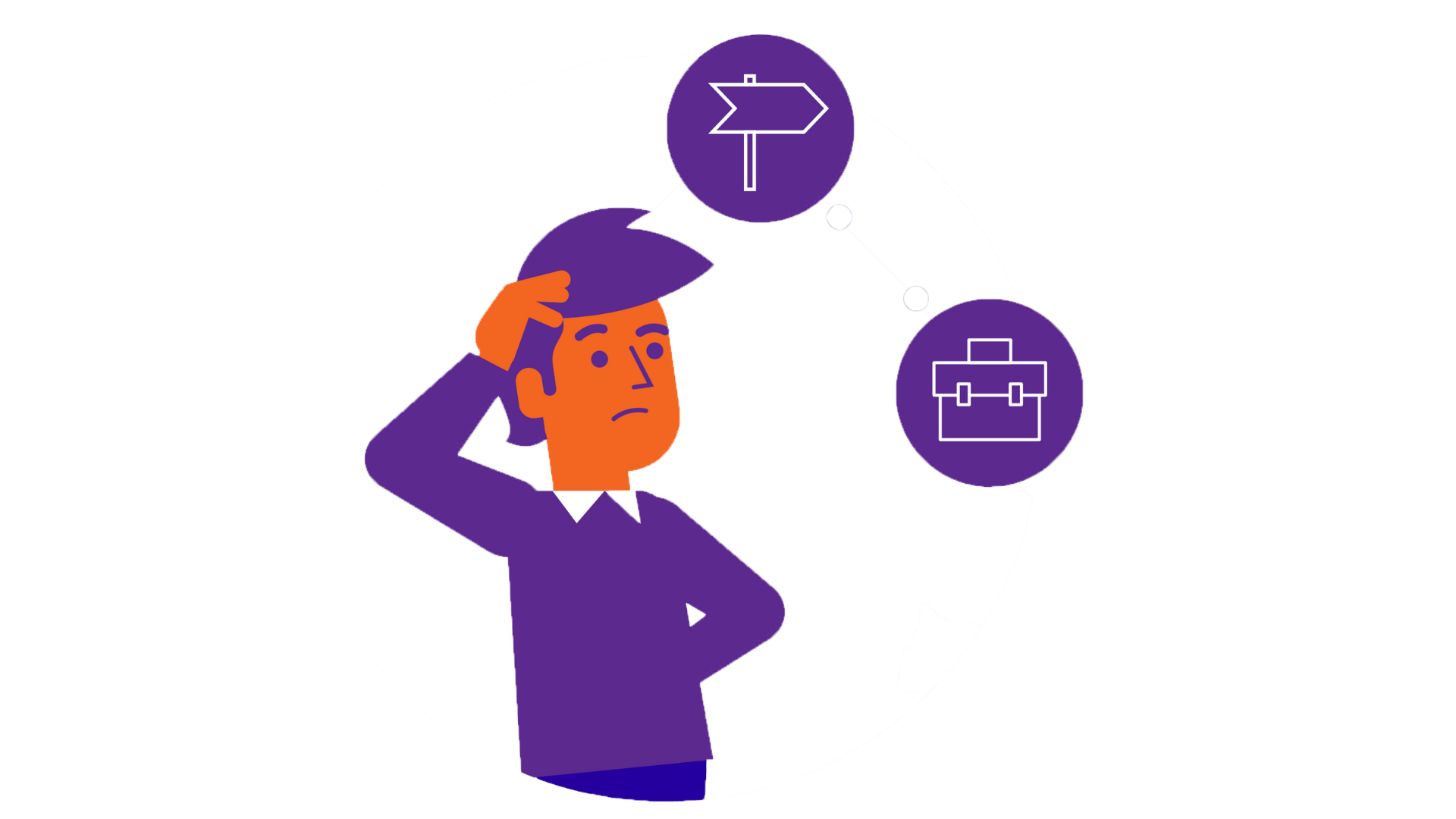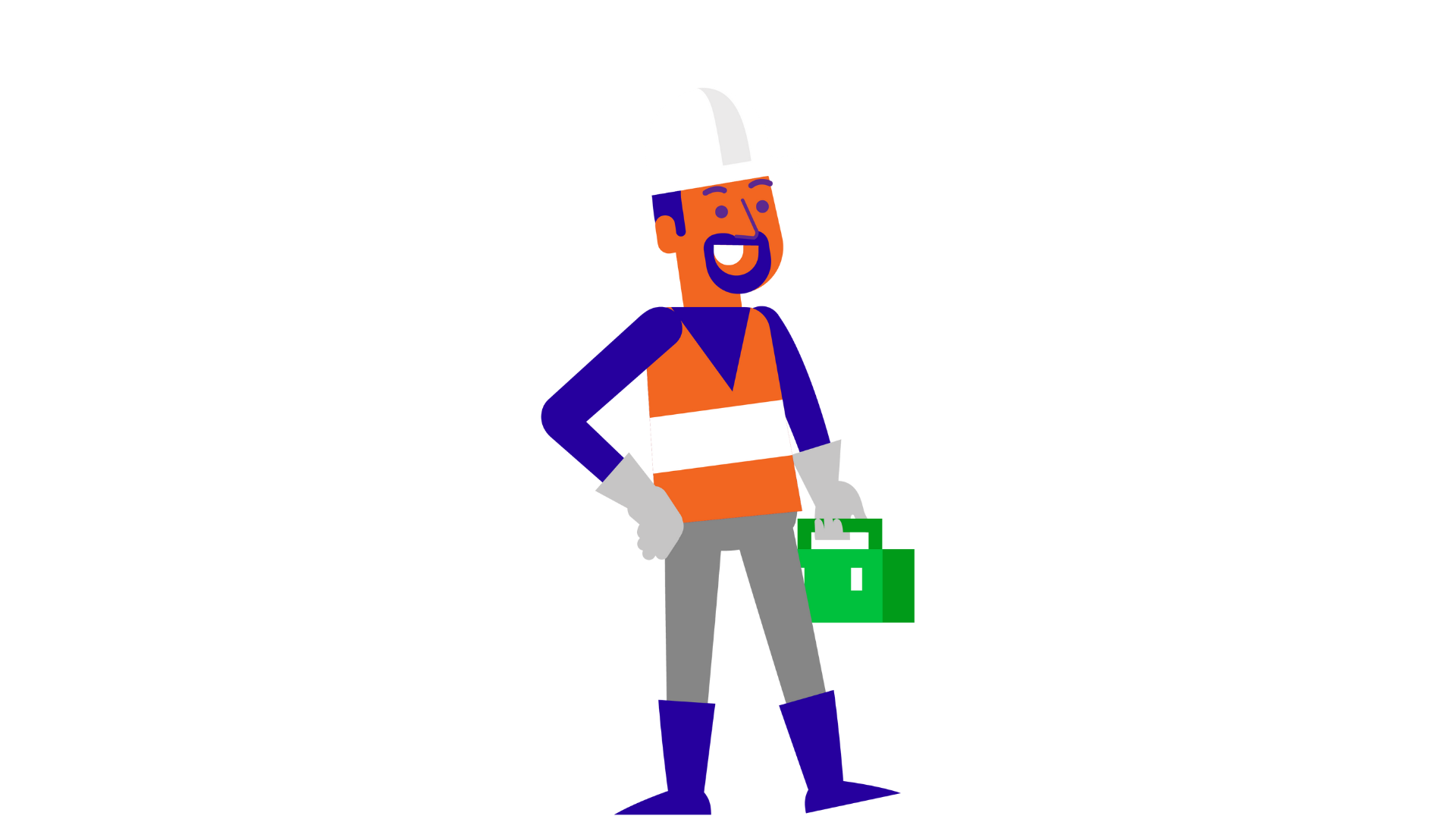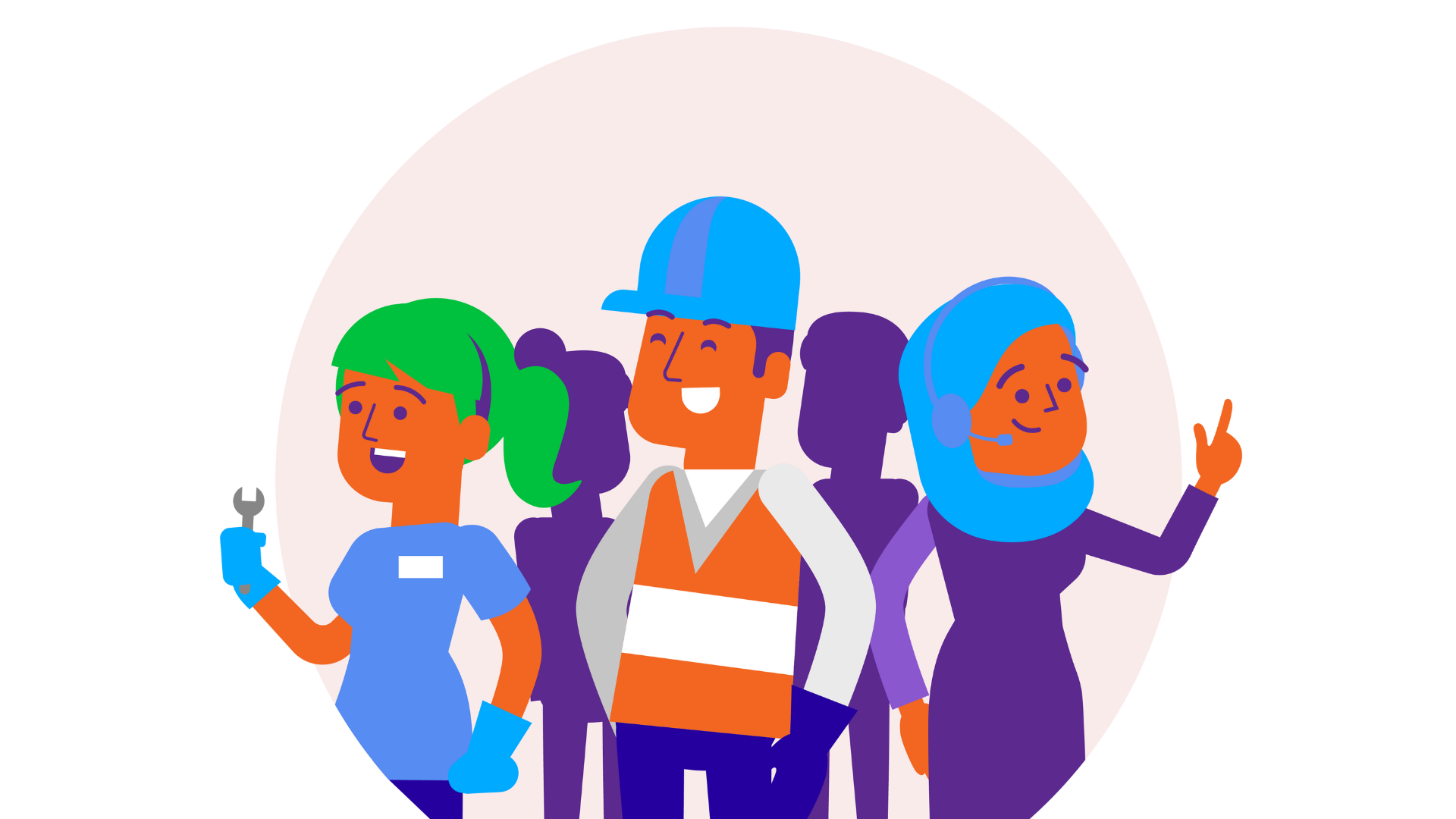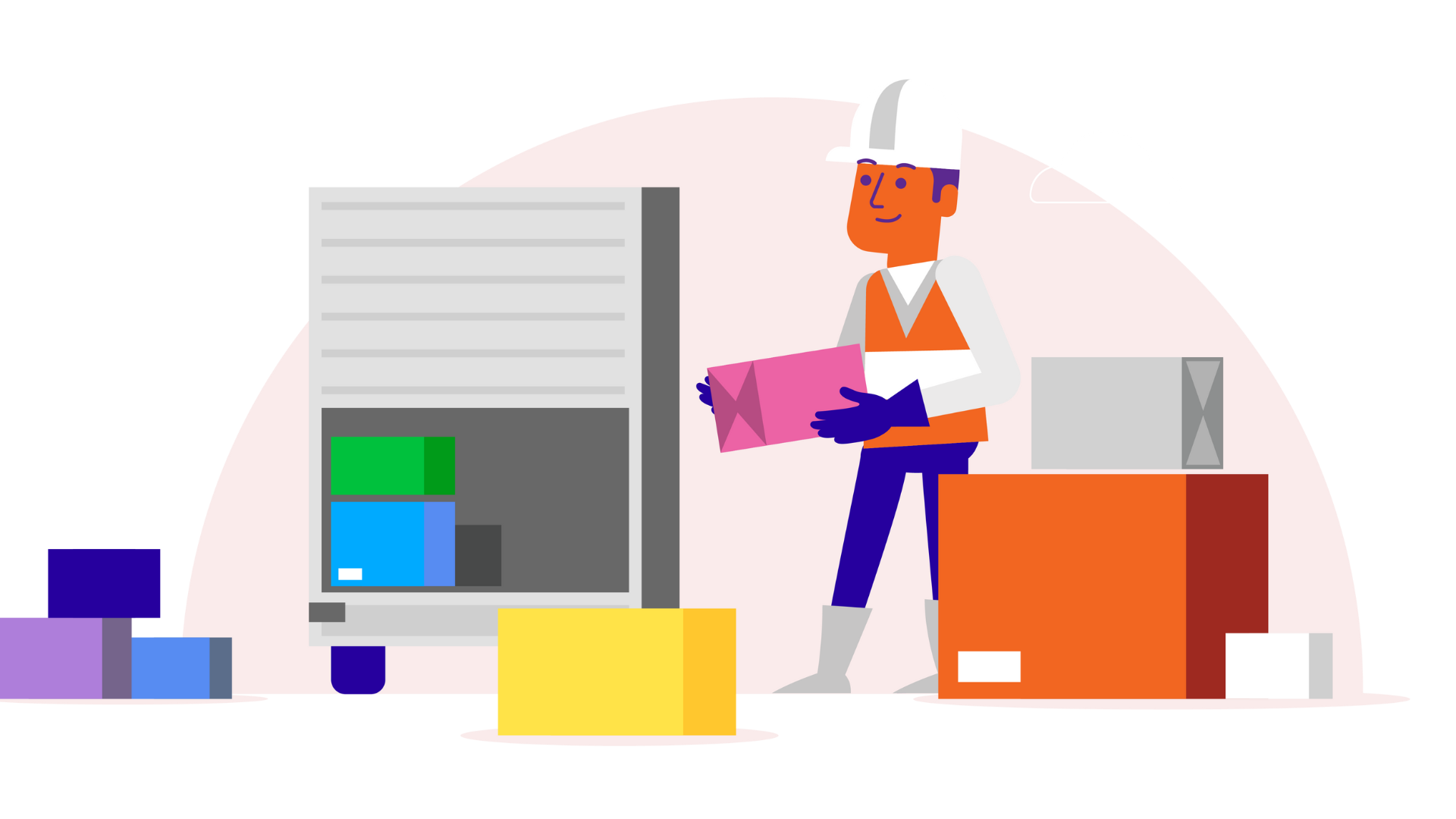.avif)
Was on
19
July
2024
13:10
-
Career
16
May
2024
5 min reading time
Learning the Dutch language: Here's how you'll advance in your career with the Dutch Language Budget
For temporary workers and status holders who have language difficulties, it can be difficult to learn the Dutch language. It can then be difficult to make clear in everyday life and in your career how you feel about yourself, what you think or what you want.
Sign upSign up for the waiting listStay informedThere are over 2.5 million people in the Netherlands who have difficulty with the Dutch language. A large part of this group works as temporary workers. Some of them, for example, come from Ukraine and work here as status holders or temporary workers. Or may be migrant workers from Turkey or Eastern Europe. Another part have lived in the Netherlands all their lives, but have never received the proper guidance to further develop their Dutch. It is nice for these groups to have the opportunity to improve their Dutch.
The cost of a language course is sometimes very high, making it difficult to integrate. What is the best way to do this without incurring too many costs? We explain it in this article.
The Netherlands is an international country where almost everyone speaks English well and often even a third language. So why is it still important to learn Dutch? You can read about it below. We also have some useful tips for temporary workers to learn the Dutch language (even better).
This article, of course, is also for Dutch people who have lived in the Netherlands almost all their lives and would like to increase their Dutch proficiency because of their work.
Feel free to share this article if you know people who want to improve their Dutch language skills.
Why learning the Dutch language is so important
For temporary workers who have recently moved to the Netherlands it is very important to learn the Dutch language. Even if you speak English well, it is still useful to learn the Dutch language as soon as possible.
More work opportunities
Many employers in the Netherlands prefer employees who speak the language because it makes communication and cooperation with clients and colleagues easier. For temporary workers, this means that you become more attractive to more companies.
Better integration
Learning Dutch can also help in everyday life for temporary workers. For example, during conversations with neighbors or in the supermarket. But also when understanding official documents.
Access to education
Many courses are unfortunately only available in Dutch. Learning the Dutch language is therefore good for your personal development on several levels!
How to start learning Dutch: 4 tips
Perhaps as a temporary worker, you have been happy to read this text for a long time, but have difficulty, for example, having a conversation in Dutch in everyday life. Maybe you read this text with an online translator. How do you improve your current Dutch language skills? Where should you start?
Use language apps and online courses
Duolingo, Babbel and Rosetta Stone are apps and offer online courses available that can help you learn Dutch at your own pace. Ideal for learning the Dutch language for beginners.
A helpful tip is to download these apps on your computer as well. Because that often gives you even more options for learning.
Participate in language cafes
Many municipalities in the Netherlands have language cafes and groups where people come together to practice Dutch. Like the one in Amsterdam, for example.
Use the media
Watch Dutch TV programs, listen to Dutch radio and read Dutch books and newspapers. This helps to cope better with conversations and dialects.
The Dutch Language Budget
The Dutch Language Budget is there especially for temporary workers and status holders with a language barrier. A budget of €1500 that you can use for an education, course or training. As long as it has to do with the Dutch language.
Apply for the Dutch Language Budget easily through this link.
Sign up for free
Stay informed
Stay informed
Getting Started
Ready to work on yourself, your future or your job prospects?
Find out within 1 minute which budget is best for you.

Grow in your work and increase your job opportunities.













